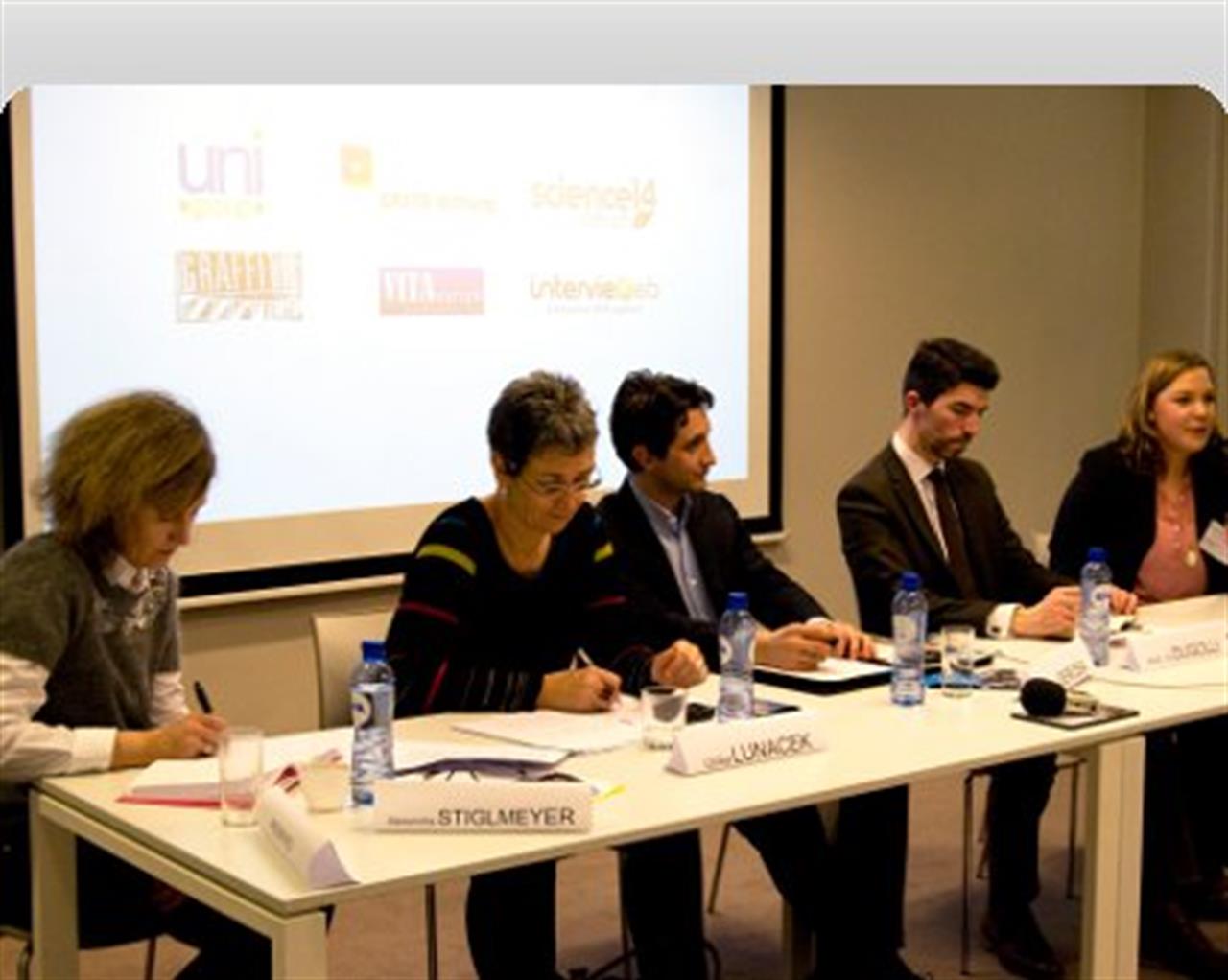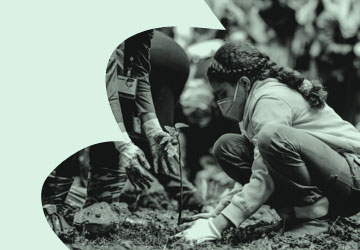Think Young, the first think tank concerned with young people, hosted a conference in Brussels to empower young Kosovars: “Sustainable Kosovo-Advocacy for Young People”.
The event took place only a few days after Serbia gained candidate status to join the EU (1 March 2012) , and one and a half month after Cecilia Malmström, European Commissioner for Home Affairs, launched a visa liberalization dialogue with Kosovo.
Until now, the country’s requests to be part of the Schengen agreement have been rejected. According to ThinkYoung, the situation has particularly damaged the Kosovar youth, who represent more than 50% of Kosovo’s population and who are therefore key to the country’s development.
The conference is part of ThinkYoung’s ongoing project in Kosovo: “Advocacy for Young People”, started in 2009 in the persuasion that investing in young people is the key to ensure the sustainable development of a country.
The focus of the conference was on the obstacles that Kosovo’s youth face as a consequence of visa restrictions and on the lack of the country’s independence recognition.
Speakers at the conference, moderated by Andrea Gerosa, Think Young’s founder, were: Ulrike Lunacek, MEP The Green Alternative, Illir Dugolli, Kosovo Ambassador, Alexandra Stiglmeyer, secretary general of the European Stability Initiative, and Doris Pack, MEP European People’s Party.
As regards the lack of recognition of Kosovo’s independence, Ulrike Lunacek, the European Parliament’s rapporteur on Kosovo, stated that the problem is “a lack of knowledge about Kosovo”. Lunacek said she can not share the position of Slovakia, Cyprus, Romania and Greece, the 5 EU members that do not recognize Kosovo fearing the reaction of their own minorities, because “their minorities are not the same Kosovo was for Serbia.”
As for the EU’s involvement, Lunacek said that “the EU has not done enough to pressure Serbia to recognize Kosovo”.
Alexandra Stiglmeyer, secretary general of the European Stability Initiative, emphasized the need of cooperation between Serbia and Kosovo, affirming that “it is important for both sides to walk towards Europe.”
Looking back at what changed in one year since last conference on Kosovo promoted by Think Young in February 2011, while Lunacek and Stiglmeyer emphasized the steps given towards visa liberalization, H.E. Illir Dugolli, Kosovo’s first Ambassador to Belgium, regretted the immobility from the EU countries that do not recognize Kosovo, as well as the “permanent entanglements with Serbia.”
MEP Doris Pack addressed the youth topic by saying that “it is humiliating not to be able to leave your country and come back freely.” As regards the latest developments in the area, she added: “Serbia should never become part of the EU without resolving the problems with its neighbours beforehand.”
She also emphasised the fundamental role of education for Kosovo’s development, hoping that politicians will work on improving education.
During the conference ThinkYoung’s latest documentary, “This Summer in Kosovo” was screened and the results of the think tank’s latest survey in the country: “Political Involvement of the youth in Kosovo” were presented and interpreted by Stephanie Harfensteller, project manager at ThinkYoung.
The documentary “This Summer in Kosovo” (2011), by Alberto Gerosa and Davide Arosio, focuses on sustainable development of rural areas in Kosovo through encounters with young people from different regions of the country.
From the survey, “Political Involvement of the youth in Kosovo”, conducted among young students from Kosovo, it emerged that while 61% of the interviewees consider Kosovo to be a democratic country, 71% declare that the current political institutions and representatives are not trustworthy; 32% pointed to corruption of government official as the main reason for this.
Read more about ThinkYoung’s “Sustainable Kosovo” project.


